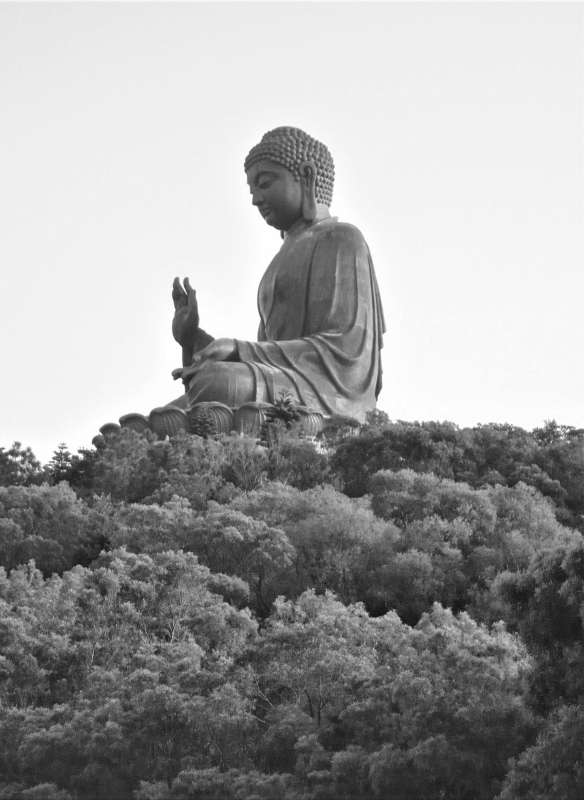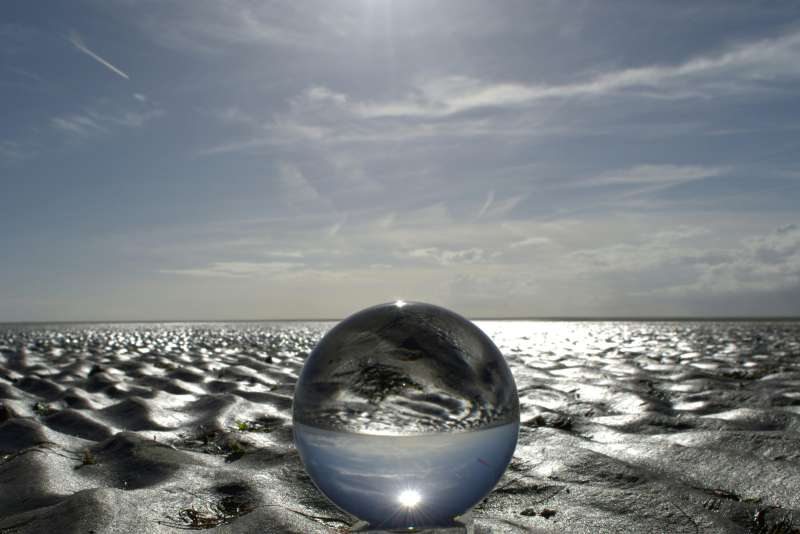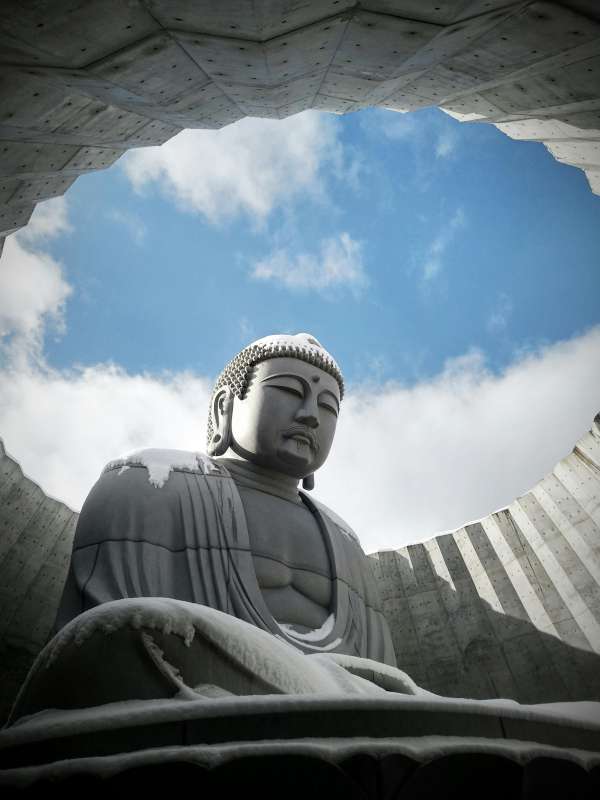Time Machines: From Legends to Modern Physics
Published on: May 6, 2025
Introduction: Humanity’s Fascination with Time
The concept of traveling through time has fascinated humans for millennia. From ancient stories and philosophical musings to the most advanced theories in physics, the idea of a "time machine" has evolved in both imagination and scientific thought. This article traces the journey of the time machine concept, exploring its origins in myth, its flourishing in literature, and its serious consideration in modern physics. Ultimately, we ask: will we ever build a time machine?
Ancient Myths and Early Philosophical Notions of Time
Long before the term "time machine" existed, cultures around the world told stories that played with the flow of time. In Hindu mythology, the Mahabharata features King Kakudmi, who travels to the realm of Brahma and returns to find ages have passed on Earth. Similarly, the Japanese legend of Urashima Tarō recounts a fisherman who visits an undersea palace and returns centuries later. These tales reflect early human curiosity about time’s passage and its potential malleability.
Philosophers in ancient Greece also pondered time. Heraclitus mused that "everything flows," while Plato and Aristotle debated the nature of time’s existence. However, none proposed mechanical means for traveling through time; their focus was on understanding its essence and our perception of it.
The Birth of the "Time Machine" in Literature
The modern idea of a time machine—a device that can carry its occupant to the past or future—was crystallized by H.G. Wells in his 1895 novella, The Time Machine. Wells’ story not only popularized the term but also sparked a wave of science fiction exploring time travel. Writers such as Mark Twain (A Connecticut Yankee in King Arthur’s Court) and later, Ray Bradbury (A Sound of Thunder), used time travel to examine society, ethics, and the consequences of human action.
Time travel stories often wrestle with paradoxes, such as the "grandfather paradox"—what happens if you travel back in time and prevent your own existence? These narrative puzzles continue to intrigue both writers and readers, fueling the genre’s enduring popularity.
Theoretical Physics: Time Travel Enters the Scientific Arena
While time travel was long considered pure fantasy, developments in physics—especially since the early 20th century—have given the idea a veneer of plausibility. Albert Einstein’s theories of relativity fundamentally altered our understanding of time. According to Special Relativity, time is not absolute; it can "dilate" or slow down for objects moving at speeds close to light. Astronauts aboard fast-moving spacecraft, for instance, age slightly less than people on Earth—a phenomenon confirmed by experiments with atomic clocks.
General Relativity, Einstein’s theory of gravity, introduced the concept of spacetime: a four-dimensional fabric that can be warped by massive objects. This warping not only produces gravity but also allows for the theoretical existence of "closed timelike curves"—paths through spacetime that could, in theory, loop back to the past. Solutions to Einstein’s equations, such as the Gödel metric and Tipler cylinders, suggest that time travel might be mathematically possible under certain exotic conditions.
Wormholes: Gateways Through Time?
The concept of a wormhole—also known as an Einstein-Rosen bridge—has captured the imagination of both scientists and storytellers. A wormhole is a hypothetical tunnel through spacetime, connecting distant points in space and, potentially, time. In theory, if one end of a wormhole could be accelerated to near-light speed and then brought back, time dilation would cause the two ends to become desynchronized in time, possibly allowing for time travel between them.
However, wormholes come with enormous challenges. They would require "exotic matter" with negative energy density to remain stable and traversable. While quantum physics allows for negative energy in certain scenarios (such as the Casimir effect), it is unclear whether enough could ever exist to stabilize a macroscopic wormhole. Moreover, there is no experimental evidence that wormholes exist, let alone that they could be used for time travel.
Paradoxes and the Consistency of Time
Time travel raises profound paradoxes and logical challenges. The grandfather paradox is perhaps the most famous: if you travel back and prevent your grandparents from meeting, how could you exist to make the journey? Physicists have proposed various resolutions. The "Novikov self-consistency principle" suggests that events in spacetime are self-consistent—any actions taken by a time traveler were always part of history, thus preventing paradoxes. Alternatively, the "many-worlds interpretation" of quantum mechanics posits that time travel might create branching timelines, avoiding contradictions by shifting the traveler into a parallel universe.
These ideas, while fascinating, remain speculative and untested. They highlight the deep connections between time travel, causality, and the fundamental laws of physics.
Modern Technology and Time Travel: Any Hope?
Despite the tantalizing hints from theoretical physics, building a practical time machine remains firmly in the realm of speculation. The energy requirements for manipulating spacetime—whether to create a wormhole or a Tipler cylinder—are far beyond anything humanity can achieve. Additionally, the need for exotic matter or negative energy poses challenges that may be insurmountable.
Some physicists have speculated about using quantum effects or harnessing the properties of black holes, but these ideas are, at best, distant possibilities. For now, the closest we come to time travel is through the effects of time dilation experienced by astronauts or high-speed particles, or through the imaginative power of fiction and thought experiments.
Time Machines in Popular Culture
Time machines have become a staple of popular culture, appearing in countless books, films, and television series. From the DeLorean in Back to the Future to the TARDIS in Doctor Who, these fictional devices reflect our dreams and anxieties about the future and the past. They allow us to explore "what if" scenarios, confront the consequences of our choices, and imagine worlds radically different from our own.
Such stories also inspire real scientific inquiry, encouraging generations of physicists to ask whether the universe truly allows for time travel. The interplay between fiction and science is a testament to the power of imagination in driving human progress.
Philosophical Implications: Free Will, Fate, and the Nature of Time
Time travel forces us to confront deep philosophical questions. If the past can be changed, what does that mean for free will and determinism? Are we the authors of our destinies, or are our actions woven into an unalterable tapestry? The possibility of time travel challenges our intuitions about causality, responsibility, and the flow of time itself.
Some philosophers argue that time is an illusion, a construct of human consciousness. Others see it as a fundamental aspect of reality. The debate continues, fueled by both scientific discoveries and the enduring allure of time machines.
Conclusion: Will We Ever Build a Time Machine?
The dream of a time machine endures because it speaks to our deepest desires—to undo past mistakes, to glimpse the future, to transcend the limits of our mortal lives. While modern physics has shown that time is more flexible than once believed, the practical obstacles to building a time machine are, for now, insurmountable. Yet, the journey from myth to modern theory reveals much about our curiosity, creativity, and the nature of scientific progress.
Whether or not time machines ever become a reality, the quest to understand time will continue to inspire wonder and discovery for generations to come.










